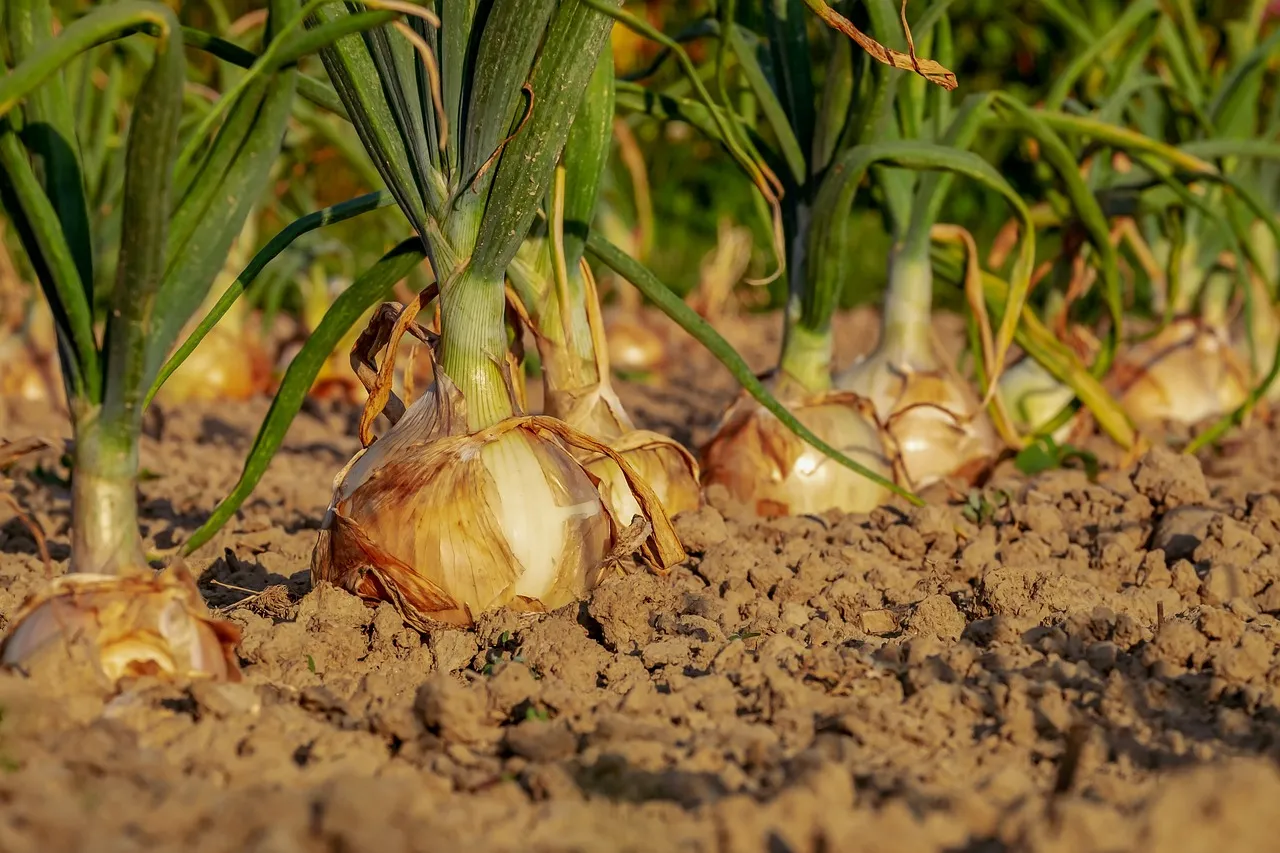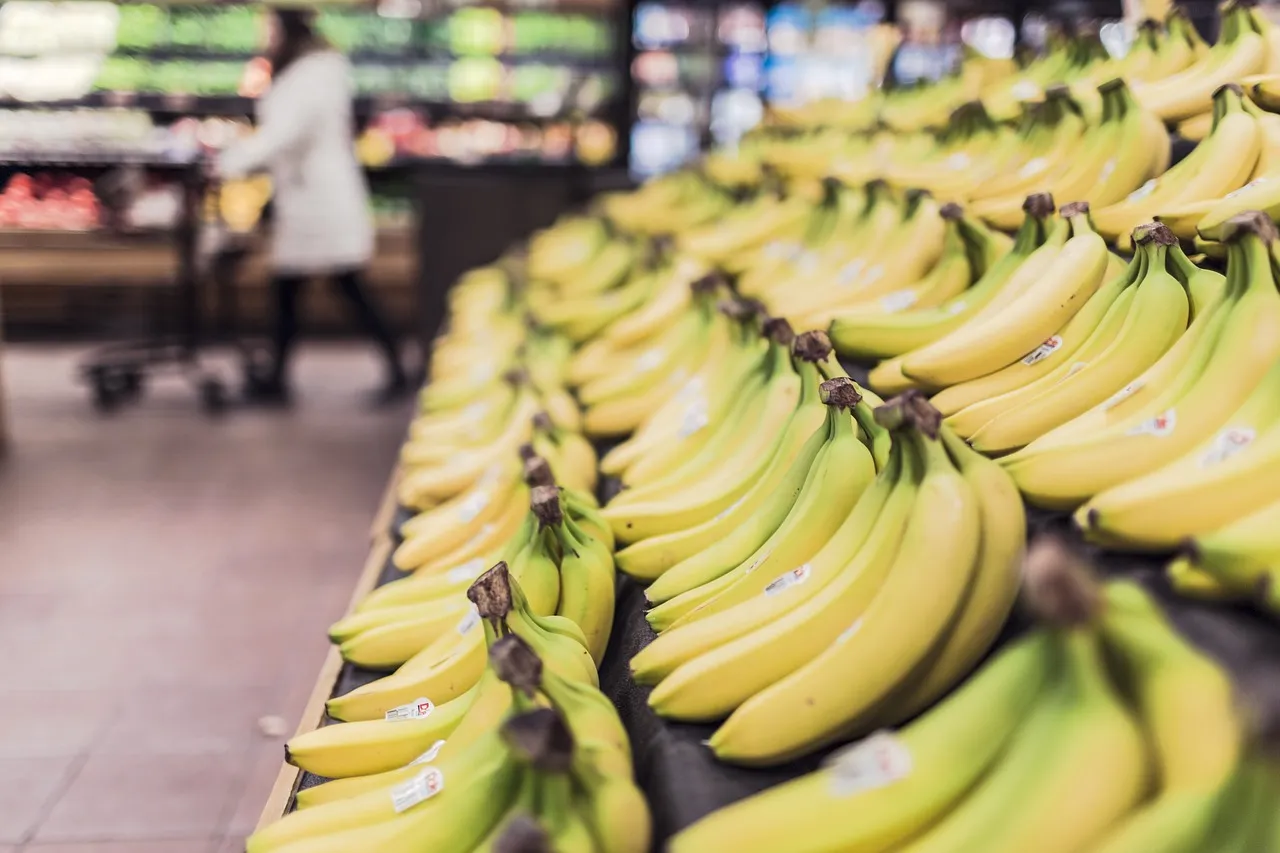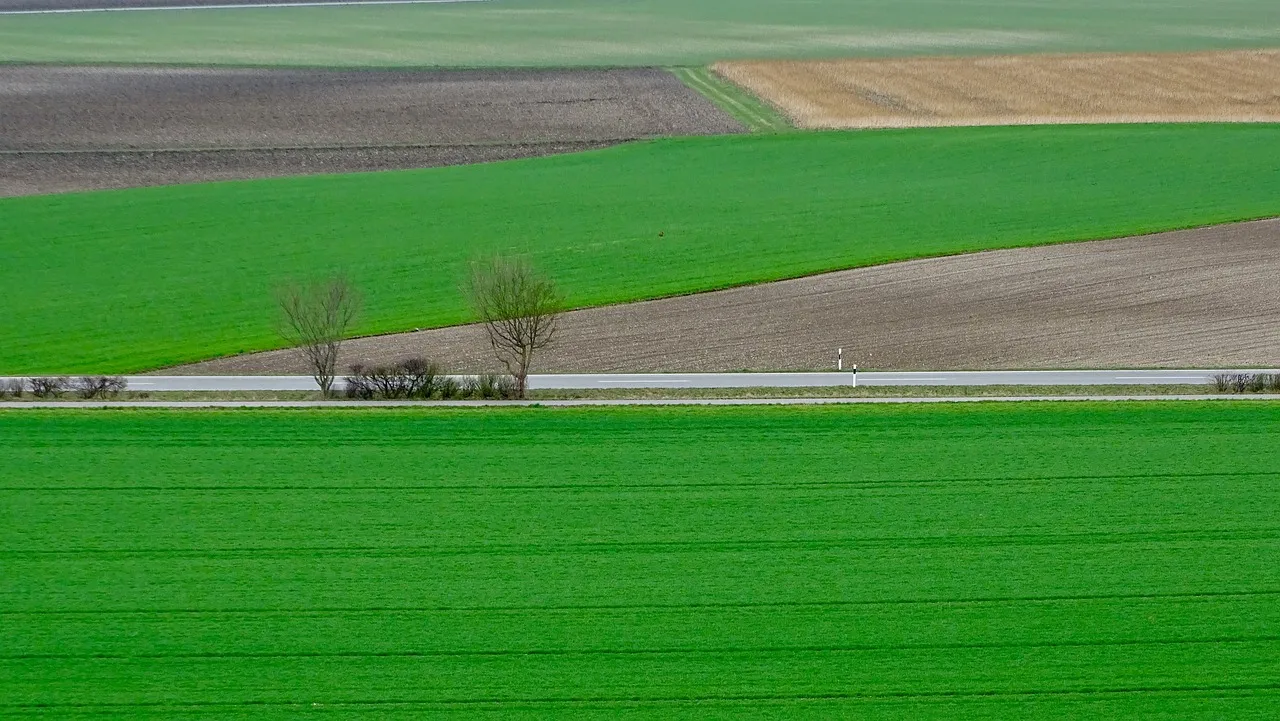
Sales of organic fresh dairy and produce are now estimated to be a market that's worth $2 billion per year in the UK, roughly $90 billion or more worldwide.
For 2017, it's estimated that the US market saw roughly $45 billion in sales for organic food. Compare that to about $13 billion back in 2005.
In most circumstances, organic food is going to be the pricier option, but many people have demonstrated that they are willing to pay a higher price for those goods. And it isn't only the folks who are making $70k a year that are opting to purchase higher quality either.
Fruits and vegetables are reportedly the most popular organic items and they account for roughly 40 percent of all organic food sales. Increasingly however, people are opting to purchase organic for a variety of other items, such as fish, dairy, their oils and cooking sauces, toothpaste, shampoo, and more.

The growing demand for what's believed by many to be healthier food options is even transforming corner store markets by persuading them to opt for different products that cater to what the health-conscious consumer might be looking for.
Critics argue that there isn't any health benefit to be reaped from purchasing organic over non-organic food items, and that there are still concerns for natural pesticides and other similar substances being used in organic farming, but that certainly doesn't stop the many individuals worldwide who are dedicated to eating this way.
Working To Get The Price Down...
There are some passionate farmers who are working hard to collaborate with others to see that organic produce isn't so expensive, and they've been working to produce organic foods that are affordable for many.
“Theoretically, we should be cheaper than conventional. We don’t have to put in chemicals or fertilizers. There’s still a good income to be made in organics.” - Gerjan Snippe, a farmer who grows and markets organic vegetables in the Netherlands.
What Snippe and the others he works with are doing isn't so much about organics as it is about trying to create something new, a way of connecting so that they can create value. He admits that they've learned by skipping the traders and getting in touch with retailers themselves that it's been more beneficial for them.

Need For Trust...
While many of the products that are listed as 'organic' might be believed to have come from a high quality producer, that isn't always the case.
Recent reports for example, have shed light on some disturbing scenarios, such as animal abuse taking place at a farm that allegedly sold organic milk to the market. False labeling of organic food isn't uncommon at large supermarkets or small farmers markets either. You can't always trust the label.
To get a quality product you need to either grow it yourself or be able to trust where you are buying it from.
In an effort to find a solution, blockchain technology might come in to help here, by offering a new method for gaining transparency in the food process and supply chain. Many people want to know where their food is coming from exactly and the blockchain gives power back to the consumer by providing them a new way to become informed on what they're buying and where it's coming from.
Companies like Nestle and Walmart have already reportedly started working on building a blockchain that might enable them to evolve tracking for the worldwide food industry. In the meantime, while many are working toward a way for people to have more transparency with regard to food, there are millions who still trust the organic label and non-gmo label etc as it is today and organic sales are expected to continue to grow.
Pics:
Pixabay
